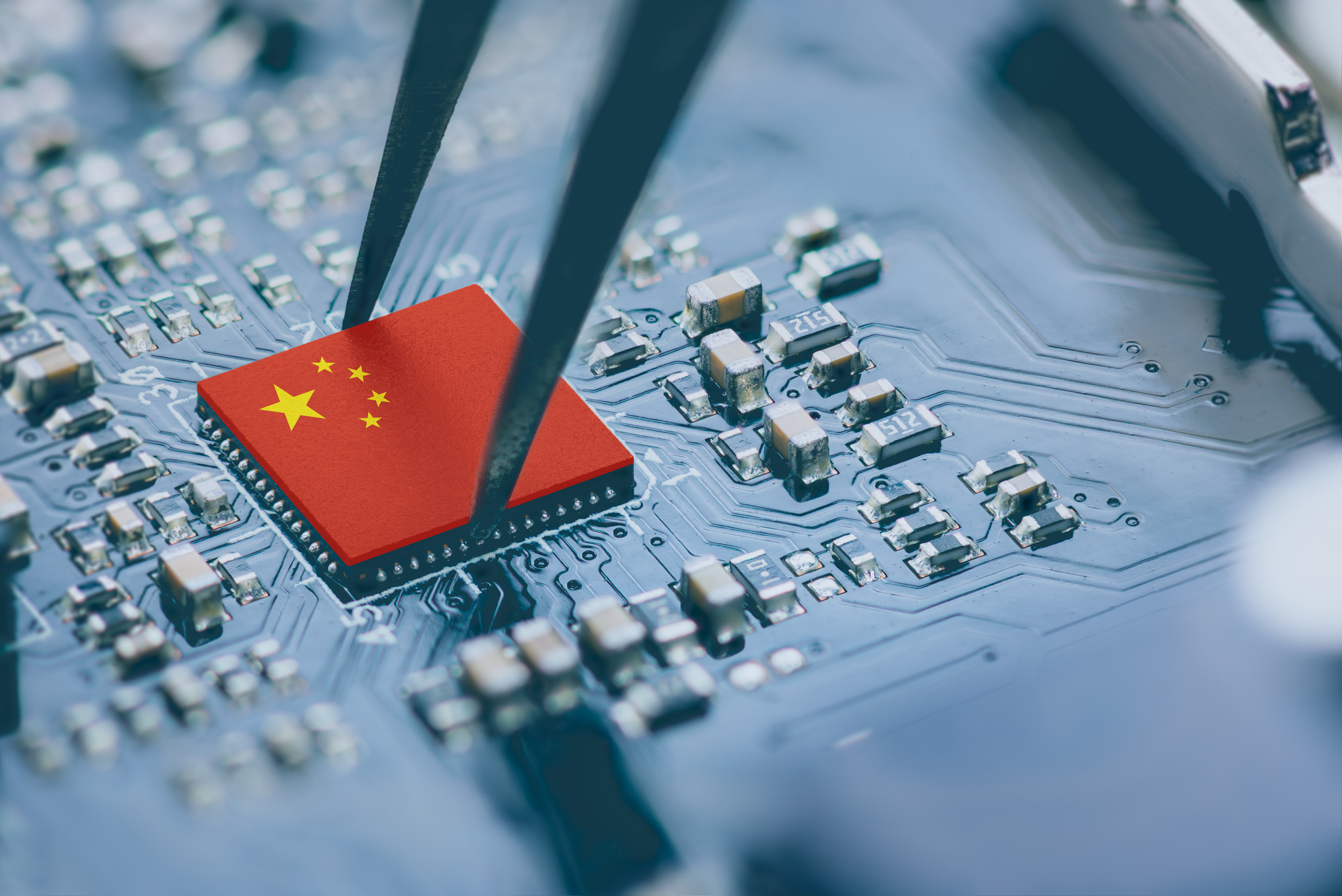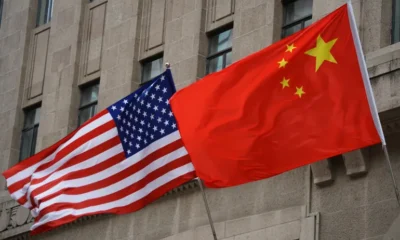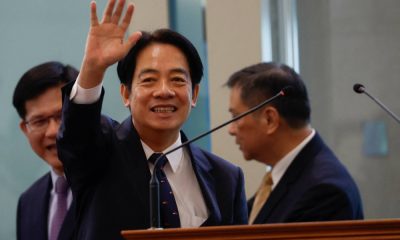Tech
China bans US processors in government computers

China has introduced stringent guidelines barring the use of US processors from companies like AMD and Intel in government computers and servers.
Alongside this, the new rules also restrict the usage of Microsoft Windows and foreign database products in favour of domestic alternatives, marking a significant escalation in the ongoing tech trade war between the two countries.
Implemented quietly recently but introduced in December, these guidelines mandate government agencies to opt for “safe and reliable” domestic replacements for AMD and Intel chips.
The approved list includes 18 processors, featuring chips from Huawei and state-backed company Phytium, despite being banned in the US.
This move could have substantial implications for Intel and AMD, given China’s significant contribution to their sales. Last year, China accounted for 27 percent of Intel’s $54 billion sales and 15 percent of AMD’s $23 billion revenue.
Though it’s unclear how many chips are utilised in government versus private sectors, this step underscores China’s intent to reduce dependence on US-built technology.
These latest measures represent China’s boldest efforts yet to curtail the use of US technology within its borders. Last year, Beijing prohibited domestic firms from using Micron chips in critical infrastructure.
Conversely, the US has imposed bans on various Chinese companies, ranging from chip manufacturers to aerospace firms.
Additionally, the Biden administration has restricted US companies like NVIDIA from selling AI and other chips to China.
While the US, Japan, and the Netherlands traditionally dominated cutting-edge processor manufacturing, they have recently tightened export controls on lithography machines from ASL, Nikon, and Tokyo Electron.
In response, Chinese companies such as Baidu, Huawei, Xiaomi, and Oppo have begun designing their own semiconductors, anticipating a future where imports from the US and other countries may be limited.



























